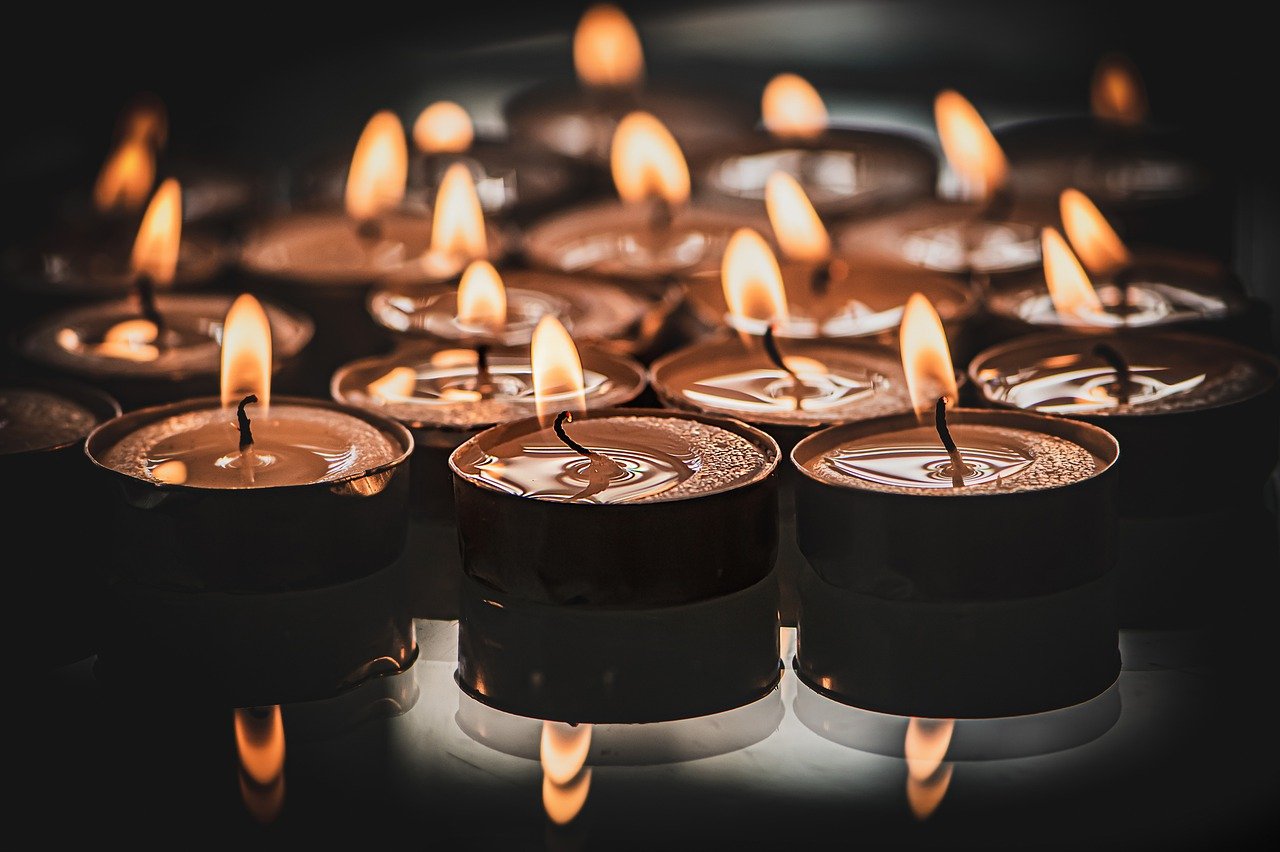When I had a friend that was on a diet, he was always trying to convince me to eat more vegetables. I just got so annoyed. I don’t want to be a food snob, but I knew when I went on a diet, I would be eating more vegetables. I didn’t realize how much I would think about it.
The most obvious reason why I would probably throw off some veggies is because I want to eat more vegetables. If I did, I would probably eat more vegetables (though I would probably keep them for myself).
Kim Clement was a diet-obsessed girl from South Carolina, who got sick of eating all vegetables and ended up on Deathloop. She was obsessed with food and trying to eat less of it, but was always finding excuses to eat more. She got to the island and started cooking a lot more.
Kim is the most obvious example of the three types of self-aware people I mentioned above. Like Kim, your body, head, and soul are all on autopilot. You just have no clue what you’re doing. Your body might be trying to eat a bunch of veggies and maybe even make some muscle, but your soul is still going through the motions of making the damn pasta.
A lot of time, the thing that makes self-awareness possible, is our desire to be self-aware. Without self-awareness, we can’t be aware of our actions and reactions and the things around us. Self-awareness is the awareness that we are a part of the world that is, for better or worse, always on a constant loop.
Self-awareness is the ability to recognize and understand ourselves, and it is the ability to be aware of the thoughts, emotions, and actions of those around us. As much as we may be able to self-monitor our own actions, it is much more important to be able to recognize and understand the actions of other people, so that we can take action in our own best interest.
Self-awareness is an extremely complex area of study, and it is an area in which I am only beginning to understand myself. I am, in many ways, far more knowledgeable about myself than I ever would be about the vast universe of other people. For instance, my self-awareness is that I am a very lazy person. I have a very low threshold for work and for time in general. In fact, I have a large number of excuses for not doing work I could be doing.
I think it is important to learn to be more diligent about how we use our time, but I don’t think I can be more diligent about it than I am already. So I am working on being more diligent about how I use my time. For instance, I recently completed a very short meditation in which I put my attention into a very intense, short, very intense thought about what I am thankful for.
As in, I have no idea what I am thankful for, but I do know that I am thankful to be able to spend a great deal of time in a room where I can concentrate on my work.
The problem is that we always talk about being “time-conscious” but it is rarely, if ever, discussed in the context of how we use our time. By definition, time-consciousness implies that we have to control it. But the idea of control really has to do with the way we use our time, not how we use our time.








